Google’s AdSense program is a fantastic way to make some pocket change from a mid-sized site, but there are a lot of possible pitfalls. In addition to needing an appropriate level of traffic to actually make real money, you need to make sure you’re meeting all of the eligibility requirements.
Google only has a few specific, real eligibility requirements for AdSense. I’ll list them here, but what I’m more concerned about are the “unofficial” eligibility requirements, the ones that don’t necessarily bar you from the program, but make profiting from the program possible.
Google’s Official AdSense Eligibility Requirements
First, let’s start with the official requirements. You can find these on Google’s help center here, though some of the information will be scattered around on other pages and may be trickier to track down. That’s why you have me to do the legwork for you, eh?
1. You Must Be Over 18 Years of Age
This is a very simple one. According to Google’s terms and conditions, which pretty much no one has ever read in the history of the planet, in order to be eligible to use AdSense, you need to be over the age of 18.
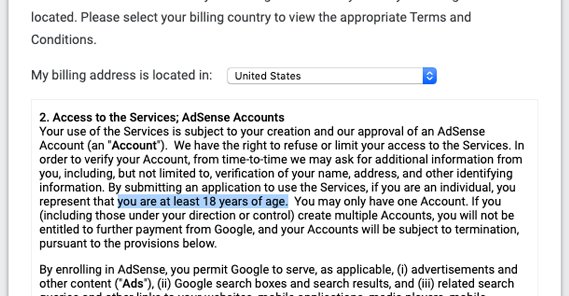
This is annoying for those precocious 16 year olds who make a hit site and have no way to monetize it, I guess? Frankly, if you’re creating a site good enough to be worth monetizing, you can use your parents’ information to register the account until you age up enough to get one of your own. This won’t be an issue for the majority of you reading this, so I’m not going to write much more about it. Just get older!
2. You Must Own and Control Your Site
In general you have to at least have control over the content on your site. If you publish content that isn’t yours, you’ll be in violation of the Google terms of service and possibly of copyright violations.
There are some exceptions to this. For example, if you’re a site that has syndication rights to re-publish content from select other sources, you can still monetize that content.
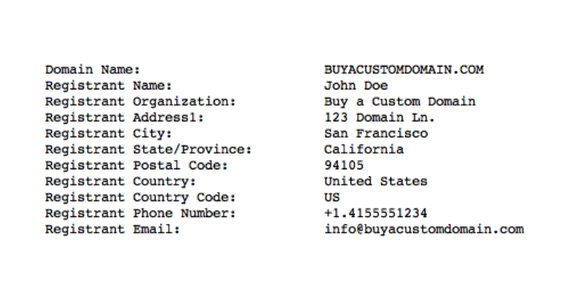
As far as “control” your site, it primarily means you need access to the source code of your site. AdSense doesn’t work if you can’t add the ad code to the site, right? This, also, has some exceptions. For example, sites like HubPages allow users who write for the site to add their own code and displays ads in rotation between their own and the author’s on that person’s content. Conversely, you can sign up for AdSense for YouTube and monetize a YouTube account without ever having to mess around with code, because it’s already there.
3. Your Site Must Have Unique and Interesting Content
This one, and the next one, are locked up in a sub-page called “make sure your site’s pages are ready for AdSense.” Basically it’s another rule about how your site needs to have content worth monetizing. If Google finds your site is just full of thin pages, stolen or scraped content, content that doesn’t make sense, or content that provides no value to a reader, they’re probably going to decline your application.
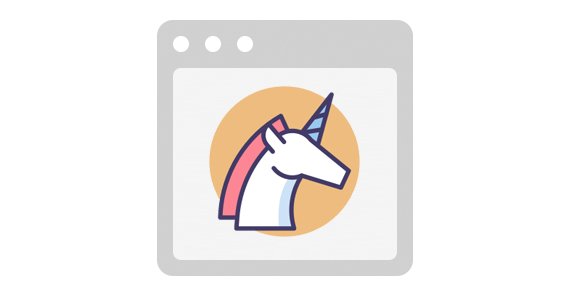
This is some pretty general SEO stuff, to be honest. As long as you’re writing your own content and it’s aimed at something people actually want, you’re probably fine. The bar is pretty low. This is mostly just meant to cut out the spam sites, PBNs, content thieves, and other such sites.
4. Your Site Must Have Clear Navigation
Navigation is important for users to know their way around your site, and Google needs to have their team review a site, so if that team can’t navigate, you can’t get approval.
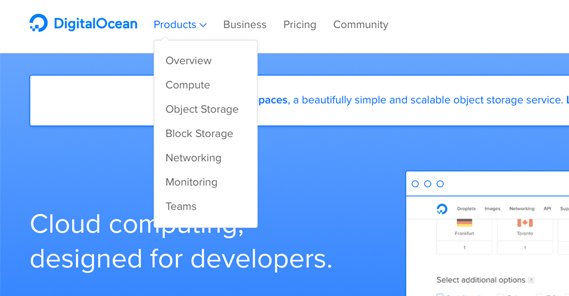
Here’s what Google says your site should have:
- A menu or navigation bar that is easily accessible.
- Elements of your menu bar that are lined up correctly.
- Text on your bar that is easy to read.
- Elements, drop-downs, and links that all work properly.
Google doesn’t enforce the “standard” web design you see everywhere these days, of course. You can use a sidebar, an inverted sidebar, or even footers that hover for your navigation if you really want, so long as it’s clear and functional. Users might not like it, though. Also, keep in mind that this, like most Google policies, applies to both desktop and mobile versions of the site.
5. You Must Not Circulate Fake Traffic
This is a big one, perhaps one of the biggest AdSense policies out there, but it’s also not something you can necessarily test or determine prior to getting approval for the program. Rather than causing you to be rejected, it’s more likely to lead to you being banned from the program later.

As Google says:
“Clicks on Google ads must result from genuine user interest. Any method that artificially generates clicks or impressions on your Google ads is strictly prohibited. These prohibited methods include, but are not limited to, repeated manual clicks or impressions, automated click and impression generating tools and the use of robots or deceptive software. Please note that clicking your own ads for any reason is prohibited.”
Google will sample your traffic and your clicks, and if they find indications that you are referring fraudulent clicks or impressions to your AdSense ads, they will not hesitate to ban you.
6. Your Content Must Comply with Google Content Policies
Google has a lot of restrictions on the kind of content that can be on a site they monetize. Your site cannot contain things like adult content, pornography, shock content, threats, excessive profanity, hacking content, malware, drug content, weapon sales, and so on.
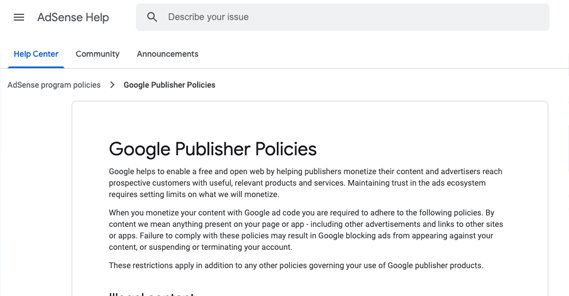
There’s a lot more than what I just wrote here, in fact. You can read the entire section on content policies here. For the most part, it’s “anything obscene, illegal, adult, violent, hateful, or damaging” is not allowed. Make sure your site complies with all of their rules before you apply.
7. You Cannot Circulate Copyrighted Content
All content you display on your site, from images to text to videos, needs to be something you are allowed to use or share according to copyright law.
For example, your pages should contain blog writing you created yourself, images you created yourself, a logo you paid to have created for you, and other such elements.
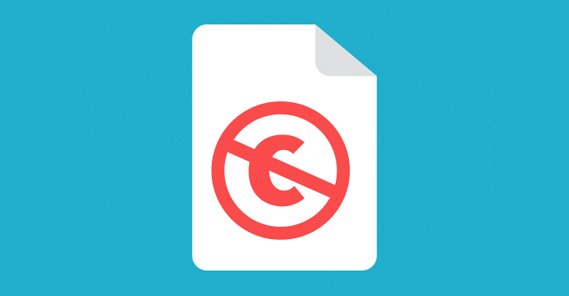
Conversely, your page should not include content stolen from another page, images plucked from Google image search with no license to use them, or video someone else made that you present as your own.
In some cases, you can legally use content you didn’t create. For example, embedding a public social media post or YouTube video – so long as you aren’t claiming you created it when you didn’t – is fine. You may also be expected to add surrounding, unique content to add value. Images you didn’t create can be used so long as you have the license to use them, such as from a stock photo site.
Copyright is a huge, tricky body of law, so it’s best to err on the side of caution here.
8. You Must Use a Supported Language
Unfortunately, Google doesn’t support every single language in the world for AdSense. They want to make sure they’re displaying ads that are readable to the people viewing the ads. Your site can be bilingual with content in an unsupported language, so long as the majority of the content on the site is in a supported language.
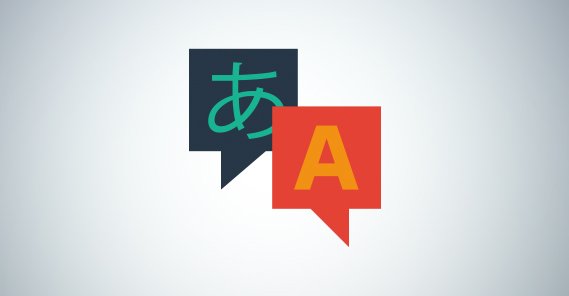
The supported languages as of the time of this writing – you can check here – are:
Arabic, Bengali, Bulgarian, Catalan, Chinese (Both simplified and traditional), Croatian, Czech, Danish, Dutch, English, Estonian, Filipino, Finnish, French, German, Greek, Hebrew, Hindi, Hungarian, Indonesian, Italian, Japanese, Korean, Latvian, Lithuanian, Malay, Marathi, Norwegian, Polish, Portuguese, Romanian, Russian, Serbian, Slovak, Slovenian, Spanish (both traditional and Latin American), Swedish, Tamil, Telugu, Thai, Turkish, Ukrainian, Urdu, and Vietnamese.
Note that some of those languages are supported for AdSense display ads, but are not supported in the AdSense dashboard. Additionally, Google may introduce support for other languages at any time.
9. Your Site Must Not Have an Abusive Experience
A site with an “abusive experience” is a site with a defined set of manipulative, harmful, false, or misleading practices that Google bans.
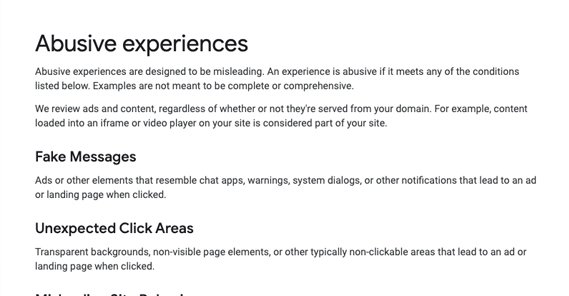
- Page elements that resemble chat apps, system warnings, or other dialogue boxes the user would want to click on.
- Areas of the page that are clickable when nothing indicates they should be.
- Misleading buttons, such as a “next page” arrow that leads to a landing page instead.
- Scripts that manipulate browser history to prevent using the “back” button.
- Anything using social engineering or phishing to steal information.
- Elements that make it look like the user is clicking to manipulate a user into clicking.
- Malware of any sort present on the site.
Basically, anything that makes a page look like it’s trying to scam users, steal information, deliver malware, or otherwise commit some kind of fraud is banned.
Unofficial AdSense Eligibility Requirements
The last few requirements are not stated anywhere in Google’s documentation, but they can be a reason why your site is rejected when you apply, or they may be a reason why you got accepted but aren’t getting much of anything out of the program. It’s a good idea to check off these boxes before you try to apply, to have the best experience possible.
10. You Should Have Technical Pages
Google doesn’t really say this anywhere, but a page is much more likely to be rejected from the program if it doesn’t have technical pages that establish trust in a brand. Technical pages, in this case, are the Three Big Pages: the Privacy Policy page, the About Us page, and the Contact Us page.
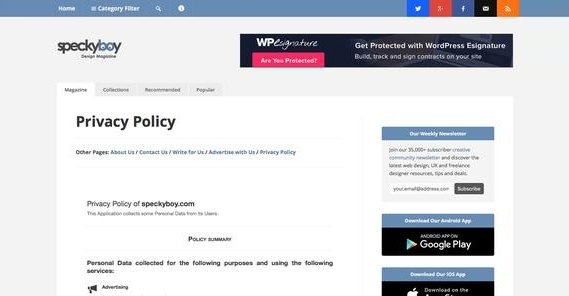
Now, these don’t necessarily all need to be separate pages. It’s usually a good idea to separate the privacy policy into another page if it’s complex, but a simple “we don’t harvest any information” disclosure is enough in some cases. Likewise, an About Us and a Contact page are often the same page.
The presence of an About page helps users trust that you are who you claim to be, and that there’s some level of legitimacy behind your brand. Likewise, a contact page with information like an address and phone number makes you more trustworthy than a brand that can’t be contacted.
11. Your Site Should Be At Least Six Months Old
This is another “unwritten” policy that’s not really a policy, but can affect large numbers of applicants.
Basically, when AdSense first started out, it was easy to apply and get approval. Eventually, Google realized they had a problem with tons of new, low quality sites that were eating up money in bulk, so they started raising their standards. Pretty much every rule above is something they’ve encountered and had to ban.
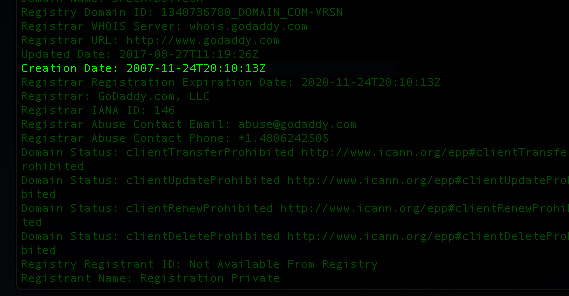
One way Google has prevented some level of abuse on their site is by restricting who can be approved. Specifically, if a page is younger than six months old – such as if you just created your site last week – you may find it harder to get approval.
This is not applicable all the time. If you’ve owned successful sites in the past, Google may allow a brand new domain. Additionally, this rule may not apply to the United States and other primarily English countries. Why not?
A brand new site likely has very little traffic, which means it’s going to make very little money. Trying to create new sites, monetize them quickly, and dump them when they’re banned won’t get anyone much money to live on in the USA. On the other hand, in a country like Bangladesh or Pakistan, where the cost of living is much lower, this kind of abuse might be much more lucrative. Thus, Google tends to have a waiting period for new sites based in such areas.
12. You Need Sufficient Traffic
Google doesn’t necessarily reject a site for not having enough traffic, though they might. If you don’t have enough traffic, though, you won’t be earning enough money to even cash out. How much traffic do you need to make a reasonable amount of money? That’s its own discussion.
So there you have it: the typical eligibility requirements for AdSense success. How do they line up with your own experience?
The post 12 Eligibility Criteria to Check Before Applying to AdSense appeared first on Growtraffic Blog.
Source: Grow Traffic News feed
